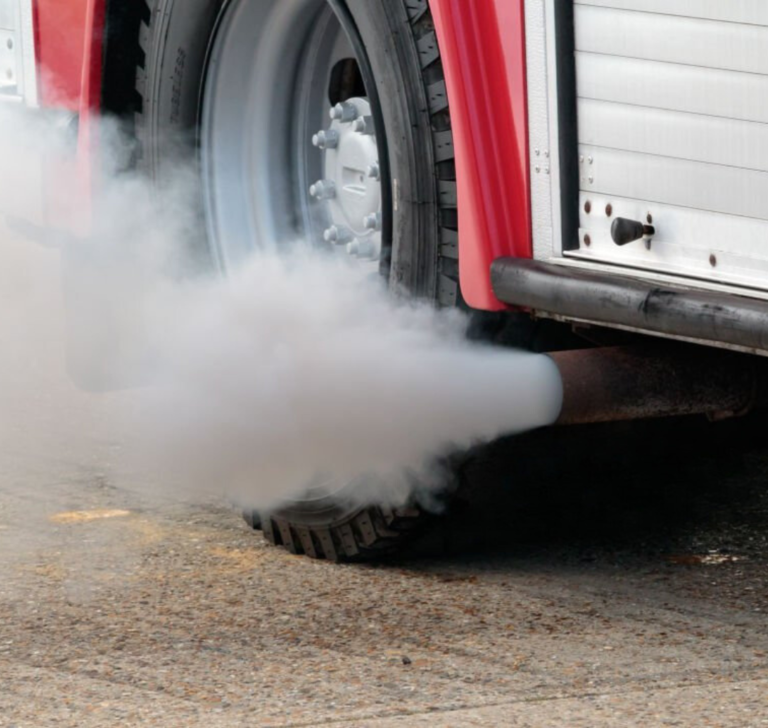Trucking industry updates: what's going on in the transportation industry?
Flexibility in CDL testing meets opposition from owner-operators
The Federal Motor Carrier Safety Administration (FMCSA) proposed a regulation titled “Greater Flexibility for Testing and for Drivers After Passing Skills Test” in February, aiming to simplify current regulations for commercial driver’s license (CDL) testing. However, this proposal has faced resistance from truck owner-operators and safety advocates, who argue it could undermine FMCSA’s safety objectives.
FMCSA’s proposal seeks to simplify the CDL acquisition process by allowing holders of a commercial learner’s permit (CLP) who have passed the CDL skills test to drive a truck without a CDL holder in the passenger seat, expanding the possibility of testing in a state other than the applicant’s residence, and eliminating the requirement to wait at least 14 days after CLP issuance to take the CDL skills test.
While the American Trucking Associations (ATA) supports the changes, citing potential for attracting more drivers, owner-operators and safety advocates have expressed concerns. Todd Spencer, President of the Owner-Operator Independent Drivers Association (OOIDA), criticized the lack of clarity on adequate supervision of CLP holders and emphasized the importance of training for novice drivers. Additionally, Peter Kurdock from Advocates for Highway and Auto Safety questioned the proposal’s lack of supporting data on long waiting periods and warned of increased fraud risk by allowing applicants to test in any state.

EPA granted permission by Court to grant environmental waivers to California
The District of Columbia Court of Appeals upheld California’s authority to set stricter environmental standards, validating its regulation on advanced clean trucks. In the case of Ohio v. EPA, the court reviewed EPA’s waivers to California, triggering a lawsuit in 2022. While plaintiff states questioned the exclusive granting of waivers to California, the court ruled that both commercial groups and states lacked legal standing to raise their claims.
The decision could have a significant impact on California’s trucking industry, particularly concerning advanced clean truck and fleet regulations. Moreover, it could affect pending provisions from the California Air Resources Board. Despite criticism, California has obtained over 75 EPA waivers over 57 years, highlighting its historical leadership in stricter environmental regulations.
Amid legal uncertainty, the implementation and future of California’s regulations on advanced clean trucks and fleets could be significantly influenced. Additionally, the judicial decision could have broader implications nationally regarding state authority to establish stricter environmental and emission standards, sparking debates on the coexistence of state and federal environmental regulations.

Pilot Program for under-21 drivers reveals disappointing figures
The FMCSA recently released a report on its Pilot Program for Under-21 Truck Drivers, showing a somewhat disappointing response. Until February, only 113 carrier applications were received, of which only 34 were fully approved. The agency rejected 38 applications for not meeting safety requirements, while 36 others did not complete registration.
These figures are disheartening, especially considering the program, which began in 2022, aimed to accommodate 1,000 carriers and 3,000 drivers under 21. The pilot program is scheduled to conclude in July 2025. OOIDA has consistently challenged claims of driver shortages, arguing that the real issue lies in driver retention due to low wages and poor working conditions in large fleets. Additionally, OOIDA warns that lowering the interstate driving age could compromise road safety.
While the most recent figures for the pilot program are still disappointing, they were even worse a year ago. In a Senate subcommittee meeting in March 2023, Senator Cindy Hyde-Smith noted only four apprentices were in the program, despite capacity for 1,000 carriers and 3,000 apprentices. Earlier this year, an appropriations bill removed some restrictions on the pilot program in hopes of attracting more applicants, including requirements for driver-facing cameras and registration with the U.S. Department of Labor, yet target figures have not been achieved.


The story of the first car race in Paris: a historic hit in 1894
Paris stands not only as a cultural and artistic epicenter but also as a pioneer in car racing In the history of automotive racing, Paris

Top states for driving in the United States in 2024
A WalletHub study compared all 50 states to determine the best driving conditions Road safety and quality are central concerns for drivers. And while the

Briefs: marijuana reclassification, vehicle fees, and climate grants
The trucking industry goes through new legislation, taxes and subsidies Questions about the proposed reclassification of marijuana The Owner-Operator Independent Drivers Association (OOIDA) supports the

Impact of traffic pollution: study reveals increase in blood pressure
A study from the University of Washington in Seattle reveals that the main cause of significant increases in blood pressure might be traffic-related gasses A

The benefits and careers of a Commercial Driver’s License
Having a CDL opens multiple doors within the trucking and transportation industry Having a Commercial Driver’s License (CDL) opens multiple doors within the trucking industry,

Sharing the road with a truck: steps to ensure your safety
Caution around blind spots and anticipating truck maneuvers are essential to ensuring everyone’s safety Truck drivers face significant challenges on the road due to their
